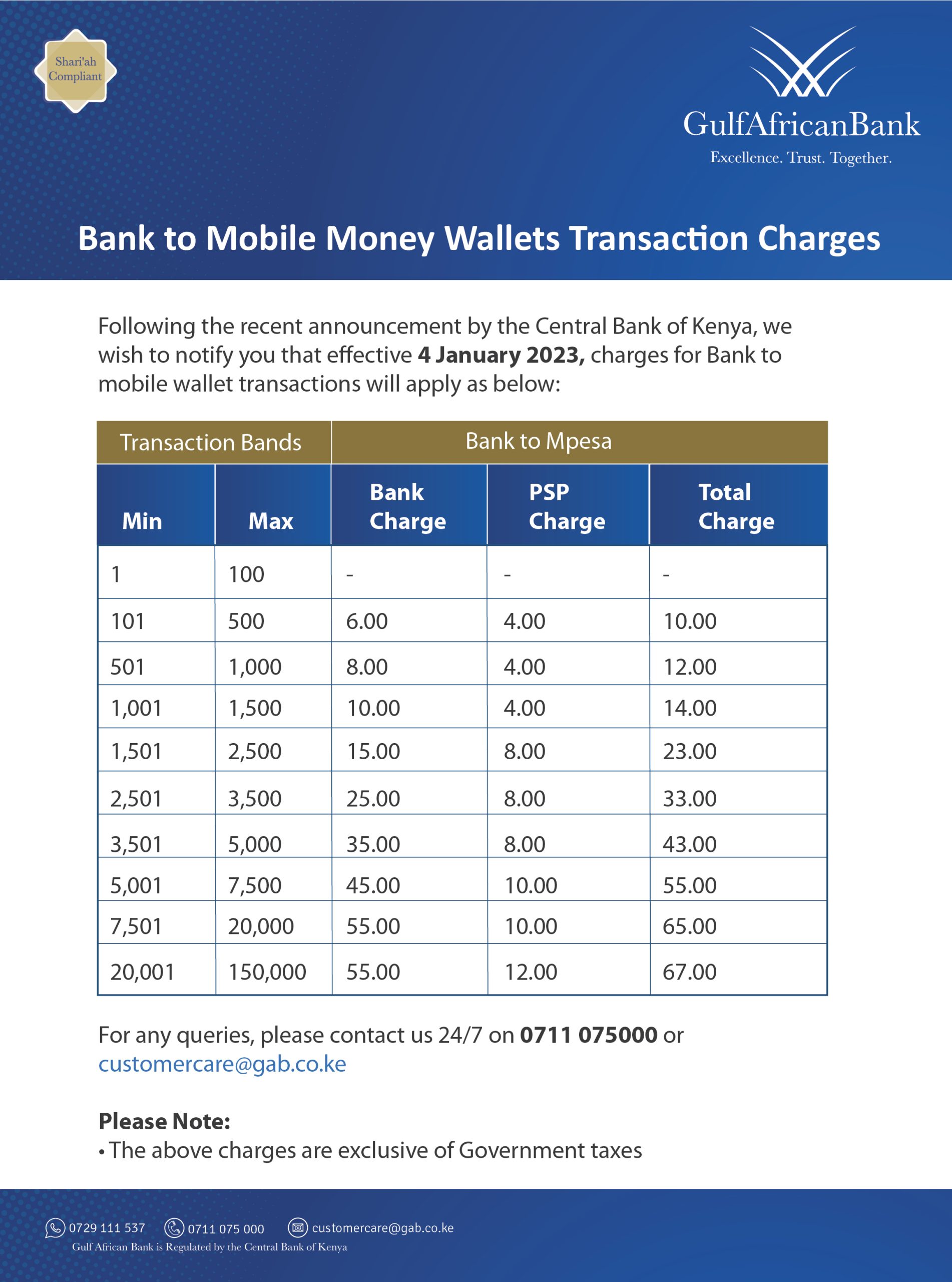Apply for Trade Finance

The Holy Quran
The Sunnah of the Holy Prophet (Peace Be Upon Him)
Ijma' (consensus of the Ummah)
Qiyas (Analogy)
The key differences are in the process and charges.
With a conventional mortgage, one borrows money to buy a house and pays it back over a number of years. The lending bank charges interest on the money borrowed and this contravenes Shari'ah principles. With the GAB our home-buying facility, we co own the property by making contribution in purchasing the asset jointly with our customer and the customer pays rent on our share of the property. Over time the customer is able to purchase our share and reduce their rental costs.
